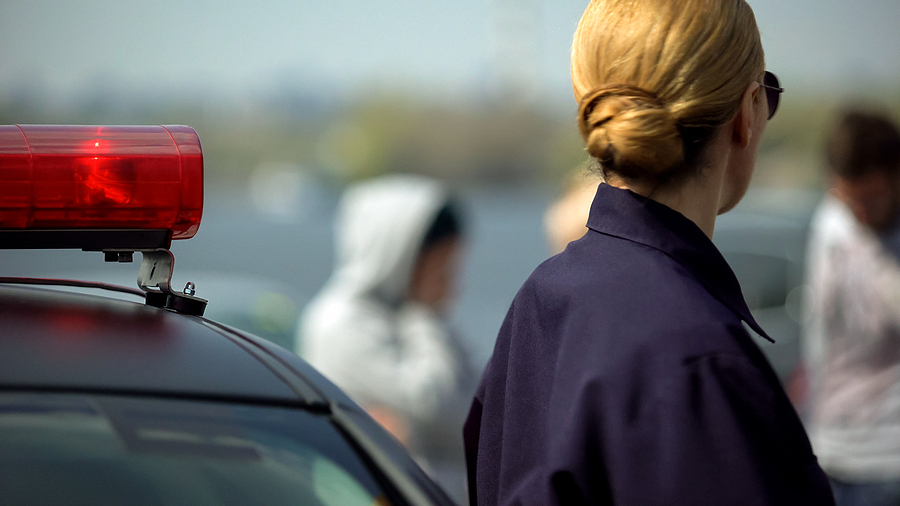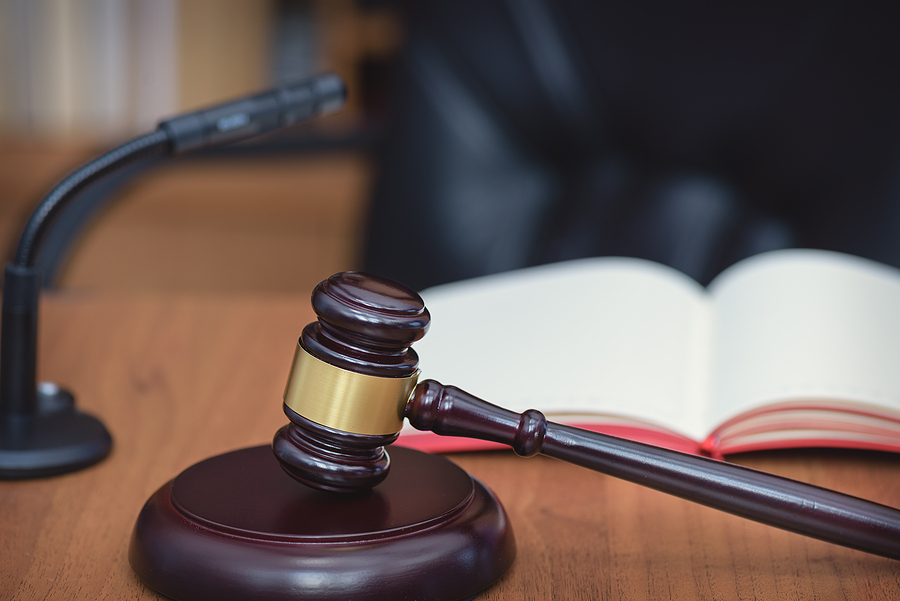Bankruptcy is a type of legal protection for those who have no other choice but to start fresh, financially. The objective of Chapter 7 bankruptcy is to liquidate non-exempt assets and sort out as much debt as possible. However, the process of filing for bankruptcy can be complex, especially for those who are not keen to legal jargon and procedure. For this reason, many people are simply afraid to file bankruptcy out of fear that they might make a mistake and be audited for fraud. In fact, professional bankers recommend hiring an attorney to file for bankruptcy for the sole purpose of avoiding devastating errors that can lead to legal troubles.
But not to worry; unintentional bankruptcy fraud is not even fraud. It’s common error that can be resolved. If you make a mistake during the filing process, you will simply be informed and redirected. However, deliberate bankruptcy fraud is another situation; one that comes with serious legal penalties.
Continue reading to learn what constitutes bankruptcy fraud, as well as, the standard penalties for being convicted in Indiana.

Bankruptcy Fraud is a White Collar Crime
Bankruptcy fraud falls under white collar crimes, which entails federal-level offenses typically dealing with large amounts of money. When a person illegally drains the revenue and profits of a business or local economy, they have committed a white collar offense. Accordingly, a person commits bankruptcy fraud by knowingly and intentionally hiding or altering information for the purpose of gaining a financial advantage. More specifically, bankruptcy fraud occurs if an applicant purposefully hides assets, secretly transfers assets to conceal them, gives false information, bribes court-appointed trustees, files multiple times in different courts, or all a combination of the above.
Most Common Types of Bankruptcy Fraud Crimes in Indiana:
➧ Providing False Information on Documents
➧ Hiding Assets from Liquidation
➧ Attorney Filing Incorrect Paperwork on Behalf of Client
➧ Intentional Discrepancies on Bankruptcy Petition
➧ Transferring Real Estate, Money, or Assets to Family Members
➧ Filing Multiple Cases in Separate States
➧ Using Stolen Social Security Numbers
➧ Filing a False Claim
➧ Destroying or Concealing Financial Records
➧ Giving or Accepting a Bribe
➧ Foreclosure Scams
State and Federal Bankruptcy Fraud Laws
Because it is a federal offense, if you are charged with bankruptcy fraud, you will face some serious penalties if found guilty. The common consequences are denial of bankruptcy, large fines, and of course, a criminal record. Here in Indiana, bankruptcy fraud is charged as a Level 5 Felony, which is punishable by up to 6 years in prison and $10,000 in fines. More serious crimes can be punished by up to 20 years in prison and $250,000 in fines.
Who to Trust for Skilled Federal Criminal Defense in Indiana
Call David E. Lewis, Attorney at Law, at 317-636-7514 if you have been charged with a federal crime in Indianapolis, or within the Central Indiana counties. Our law firm offers aggressive and experienced criminal defense for anyone facing bankruptcy fraud charges or white collar crime charges in Indiana. Don’t settle for an attorney that doesn’t have the drive. Attorney David E. Lewis will stop at nothing to protect your rights and preserve your freedoms. We also offer criminal record expungement services to help clean up your criminal history and improve your quality of life!










